Captain Henry LCM-6
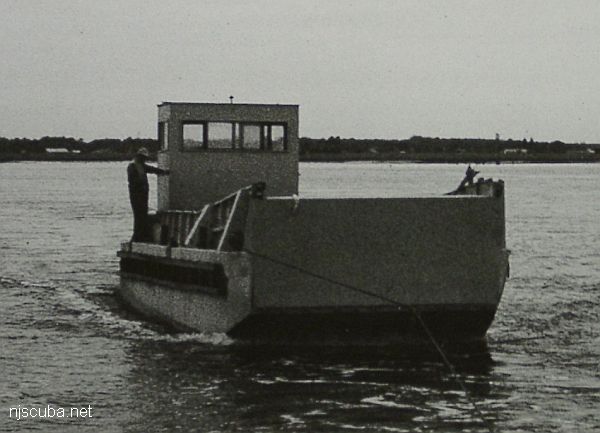
- Type:
- artificial reef, LCM-6 (Landing Craft-Mechanized) used as buoy tender
- Built:
- 1943 New Orleans LA USA
- Specs:
- ( 56 x 14 ft ) 64 tons
- Sponsor:
- Bureau of Coastal Engineering, Fish America &
Cape May County Party & Charter Boat Association - Sunk:
- Sunday May 6, 1990 - Cape May Artificial Reef
- GPS:
- 38°51.200' -74°42.280'
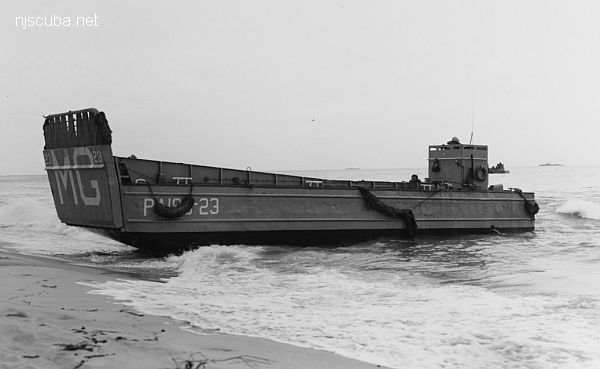
The LCM-6 was intended primarily for the transport of vehicles, cargo, and/or personnel from ship-to-ship and ship-to-shore. It had a flat bottom, welded steel hull, and propellers protected in tunnels at the rear, which allowed it to be beached and recovered without harm. The design of the boat also permitted its transportation aboard larger vessels ( such as the Algol. )
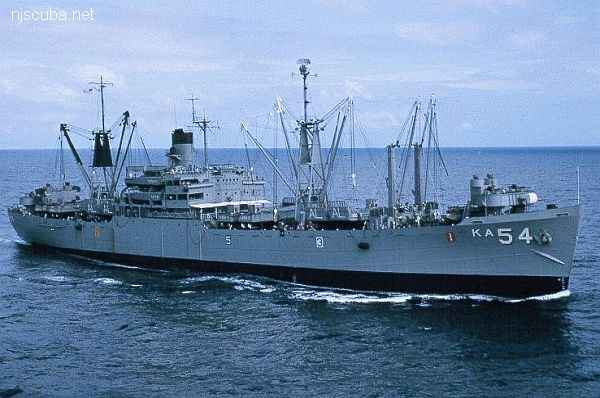
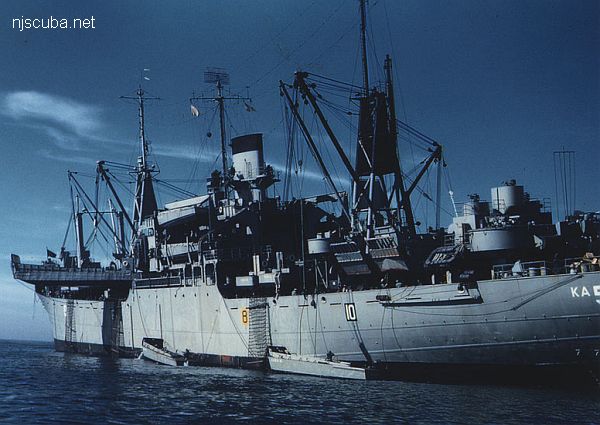
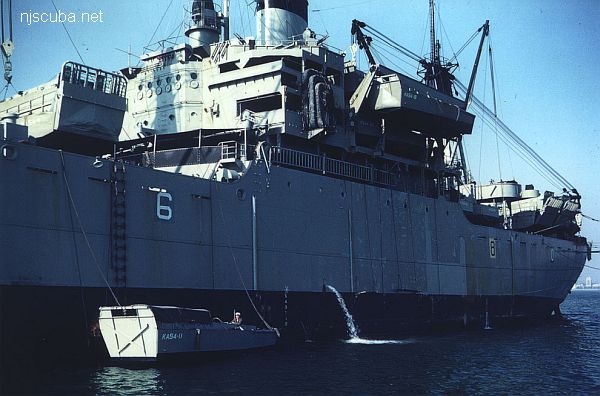
The flat-bottomed bow-ramp landing craft was developed from a small swamp-boat design by the Higgins company of Louisiana in the 1930s. The original wooden civilian models were designed to operate in the marshes and bayous of that state, in shallow waters choked with logs and debris which would stop or sink a normal boat.
The design adapted readily to military amphibious operations and made possible all of the major Allied landings of World War II. The 36-foot LCVP "Higgins boats" ( not to be confused with the famous wooden Higgins PT boats ) carried personnel and light vehicles. The 56 foot LCM-3 could carry a Sherman tank. The LCM-6 was an improved version of the LCM-3; it was replaced by the much larger LCM-8 in the 1960s.
In Vietnam, LCMs were used as riverboats for SEALs and special operations, sometimes modified with extra armor and weapons. Some were completely armored, with standard V-shaped bows, heavy artillery in tank-like turrets, flamethrowers, mortars, rockets, machine guns, and just about anything else that could be carried. These were known as "Monitors, " after the original Civil War ironclad. Today, ex-military landing craft find many civilian uses, from construction and yard craft to buoy tenders and even dive boats.
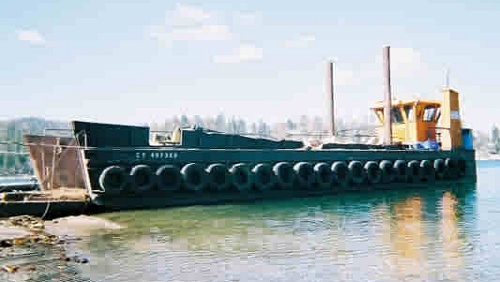
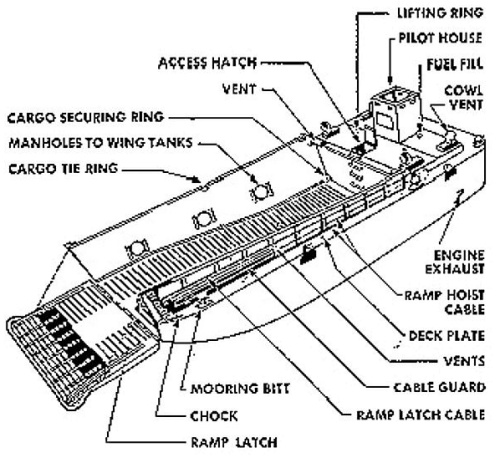
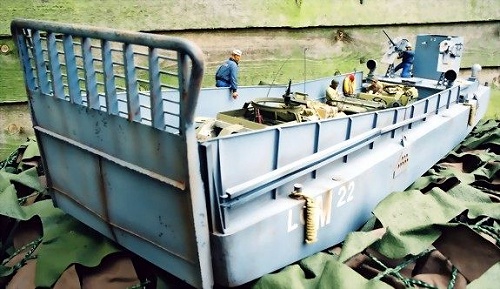

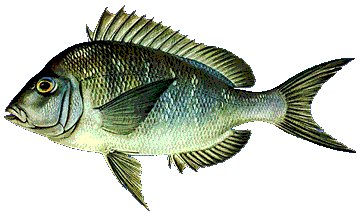
Questions or Inquiries?
Just want to say Hello? Sign the .